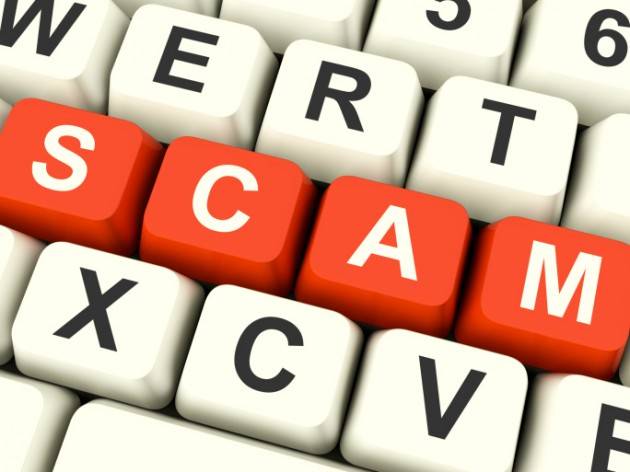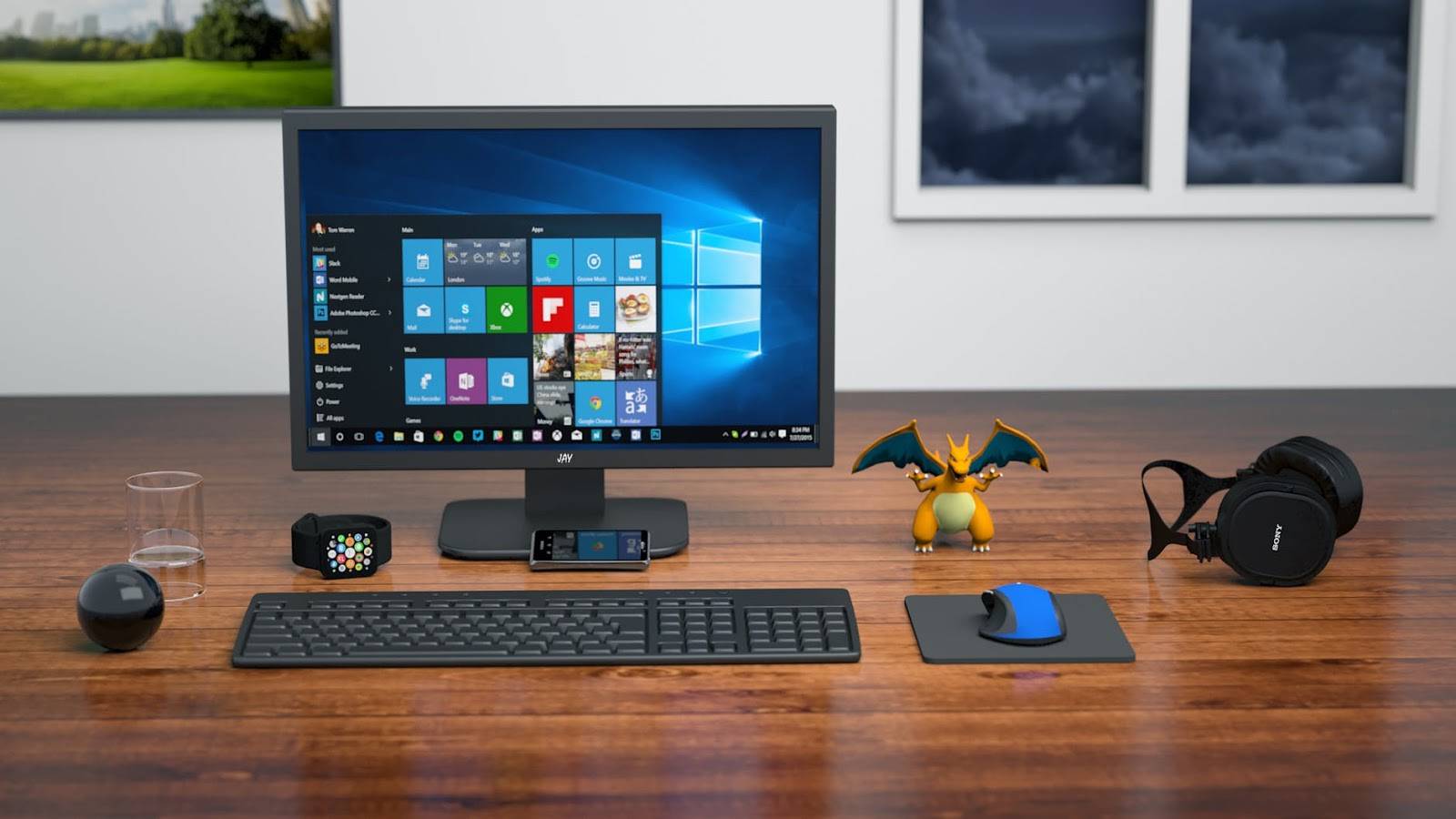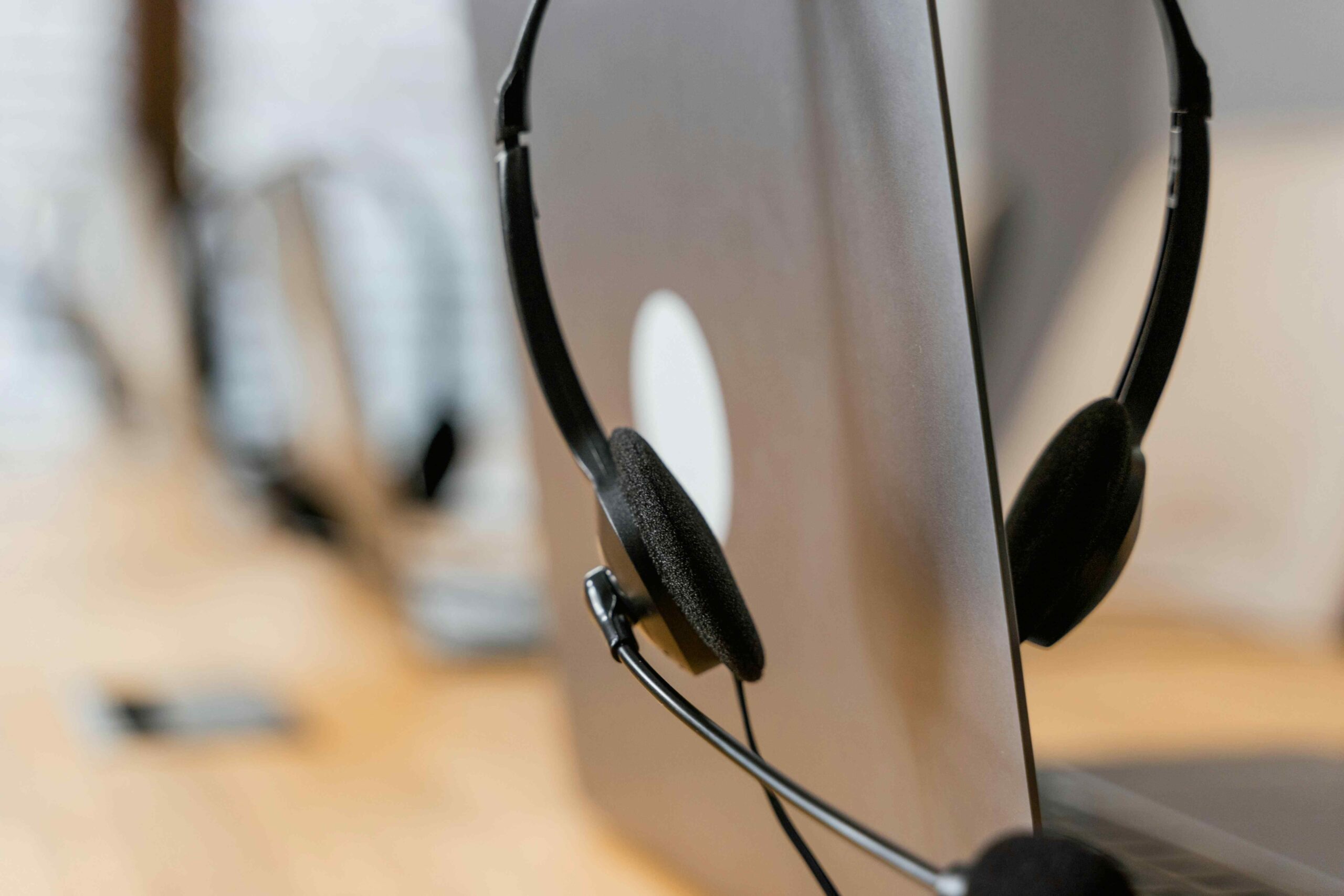Seventeen percent of Americans have been the victim of card fraud, whether credit or debit. Worldwide, card fraud costs people almost six billion dollars annually. That’s an alarmingly high number, and good reason to make sure that it doesn’t happen to you. So how does it happen, and more importantly, how can you avoid it?
Skimming is one of the most common methods that thieves use to steal card data from an unsuspecting victim – and it can happen to almost anyone, due to the methods that they use. Gas pumps are quite possibly the most vulnerable locations, and the most lucrative, that criminals utilize. They can simply slip a magnetic strip reader over the card slot already on the gas pump, which then reads the data from every card inserted and relays it to the thief. This way, they can have an exact copy of the information on your card without even having to see or make contact with you. These devices are almost indistinguishable from the real thing, and so most people won’t even give it a second look.
If you use a credit card, all the info is available from a simple swipe of the card. However, debit and ATM cards are even more valuable to thieves because of how easily they can completely empty a bank account and transfer the cash without you being aware of it. Credit cards also tend to have more advanced technological security devices in place to keep theft from happening, whereas debit cards often simply require a PIN, which is nearly impossible for a thief to capture remotely. However, it is still possible. Quite often they will use tiny cameras and mirrors to see the cardholder punching in their PIN.

So how do you protect yourself from these multifaceted methods of larceny? Well first, you can rest a little easier knowing that many banks actively work to prevent the newest methods used by criminals. ATM keypads often have shades over them that prevent an eavesdropper from seeing your PIN, and the screens on many ATMS blur when viewed from a distance. Some card readers also jiggle the card so that “skimmers” can’t access the data on them. But to make sure, it’s worth it to take the extra few seconds to run your finger along the slot to check for loose parts, and to verify that nothing looks out of place. If you find anything suspicious, mention it to the bank and use another machine.
And when paying for gas, it’s safer to use a credit card than a debit card, as most providers have an option to notify you via phone if your credit card is used in an unfamiliar location and fashion. Also, credit card users are often covered with zero liability programs, but your local bank that you have your debit card through may not offer the same safeguards.
When you’re shopping online, keep in mind a few tips: don’t use the “remember me” option – it just creates another vulnerability that someone could use. Make sure to use a smart password as well. It used to be that everyone would tell you to use something like fid093!, but it turns out that a passphrase is more secure and easier to remember. Use something that’s memorable to you like nerdsreddingcomputerrepair.
And obviously, criminals will always continue to find new methods of theft. The general rule to always keep in mind is preventative maintenance. Make sure that you are doing everything in your power to keep your money safe, and educate yourself on the risks associated with any activity.
For more information on tech safety, visit https://www.callnerds.com/blog to find out more!

About The Author: Andrea Eldridge is CEO and co-founder of Nerds On Call, a computer repair company that specializes in on-site and online service for homes and businesses. Andrea is the writer of a weekly column, Nerd Chick Adventures in The Record Searchlight. She prepares TV segments for and appears regularly on CBS, CW and FOX on shows such as Good Day Sacramento, More Good Day Portland, and CBS 13 News, offering viewers technology and lifestyle tips. See Andrea in action at callnerds.com/andrea/.






